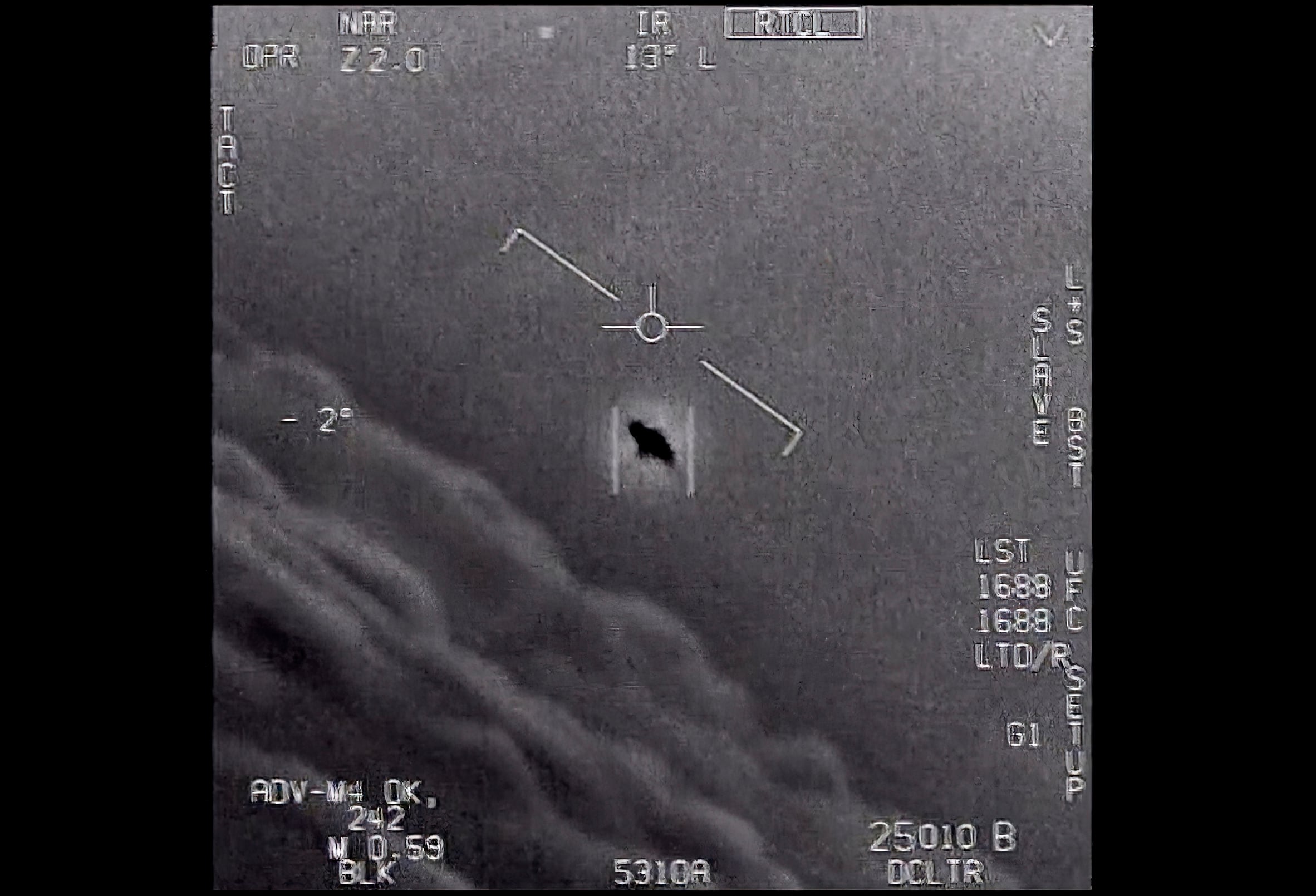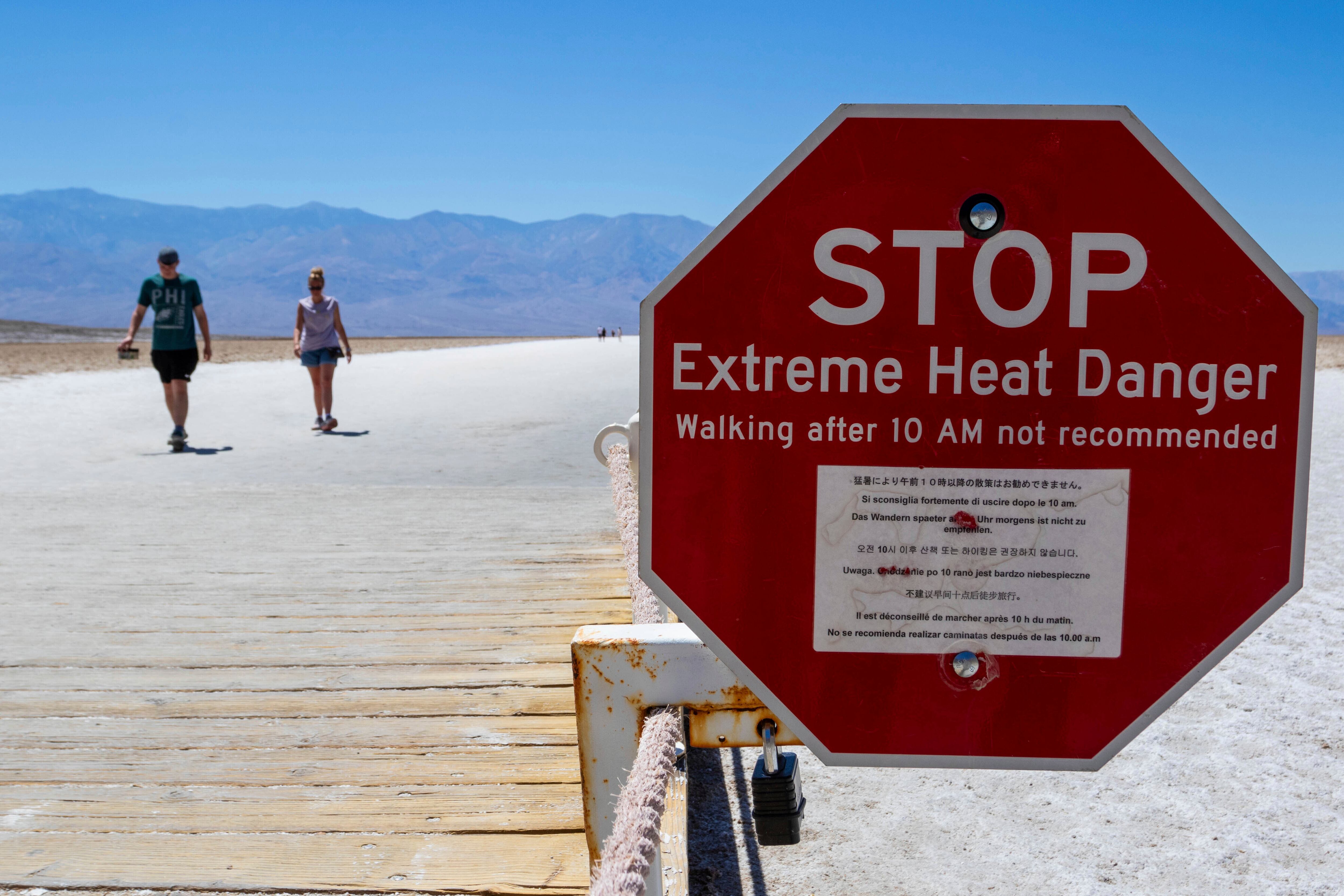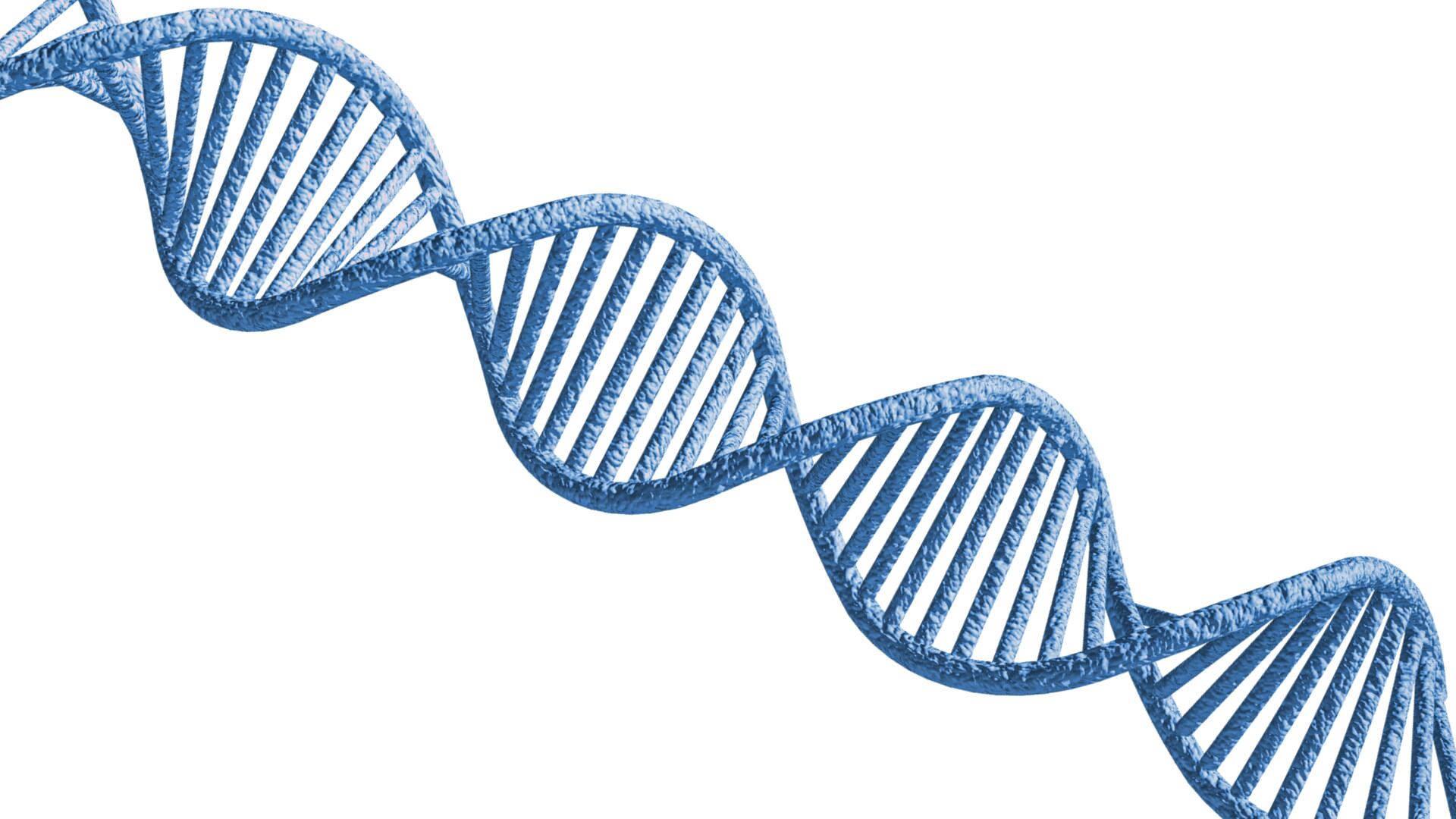By Marcia Dunn
NASA’s newest X-ray observatory rocketed into orbit Thursday to shed light on exploded stars, black holes and other violent high-energy events unfolding in the universe.
SpaceX launched the spacecraft on its $188 million mission from Kennedy Space Center. It’s called IXPE, short for Imaging X-ray Polarization Explorer.
Scientists said the observatory — actually three telescopes in one — will unveil the most dramatic and extreme parts of the universe as never before.
“IXPE is going to open a new window on the X-ray sky,” Brian Ramsey, NASA's deputy principal scientist, said this week.
Operations should begin next month. NASA is partnering with the Italian Space Agency on the project.
A 7.2 magnitude earthquake was reported in Alaska over the weekend, leading to a brief tsunami warning.
Over 11 million Americans are under a heat advisory, with the extreme weather hitting the southern U.S.
Temperatures in central and southern California could hit 120 degrees Fahrenheit this weekend.
The World Health Organization moved to classify aspartame, the artificial sweetener in diet soda, as a possible carcinogen.
The World Health Organization's cancer agency has deemed the sweetener aspartame — found in diet soda and countless other foods — as a “possible” cause of cancer, while a separate expert group looking at the same evidence said it still considers the sugar substitute safe in limited quantities.
More than a third of Americans were under extreme heat advisories, watches and warnings Thursday as a blistering heat wave that's been baking the nation spread further into California, forcing residents to seek out air conditioning or find other ways to stay cool in triple-digit temperatures.
Tourists in central Athens huddled under mist machines, and zoo animals in Madrid were fed fruit popsicles and chunks of frozen food, as southern Europeans braced for a heat wave Thursday, with a warning of severe conditions coming from the European Union’s space agency.
A new study published in Nature has found that more than 56 percent of the world's oceans have changed color in the past 20 years, and climate change is to blame.
Recently discovered teeth of a two-million-year-old human relative in Africa could give researchers new insight into genetics.












